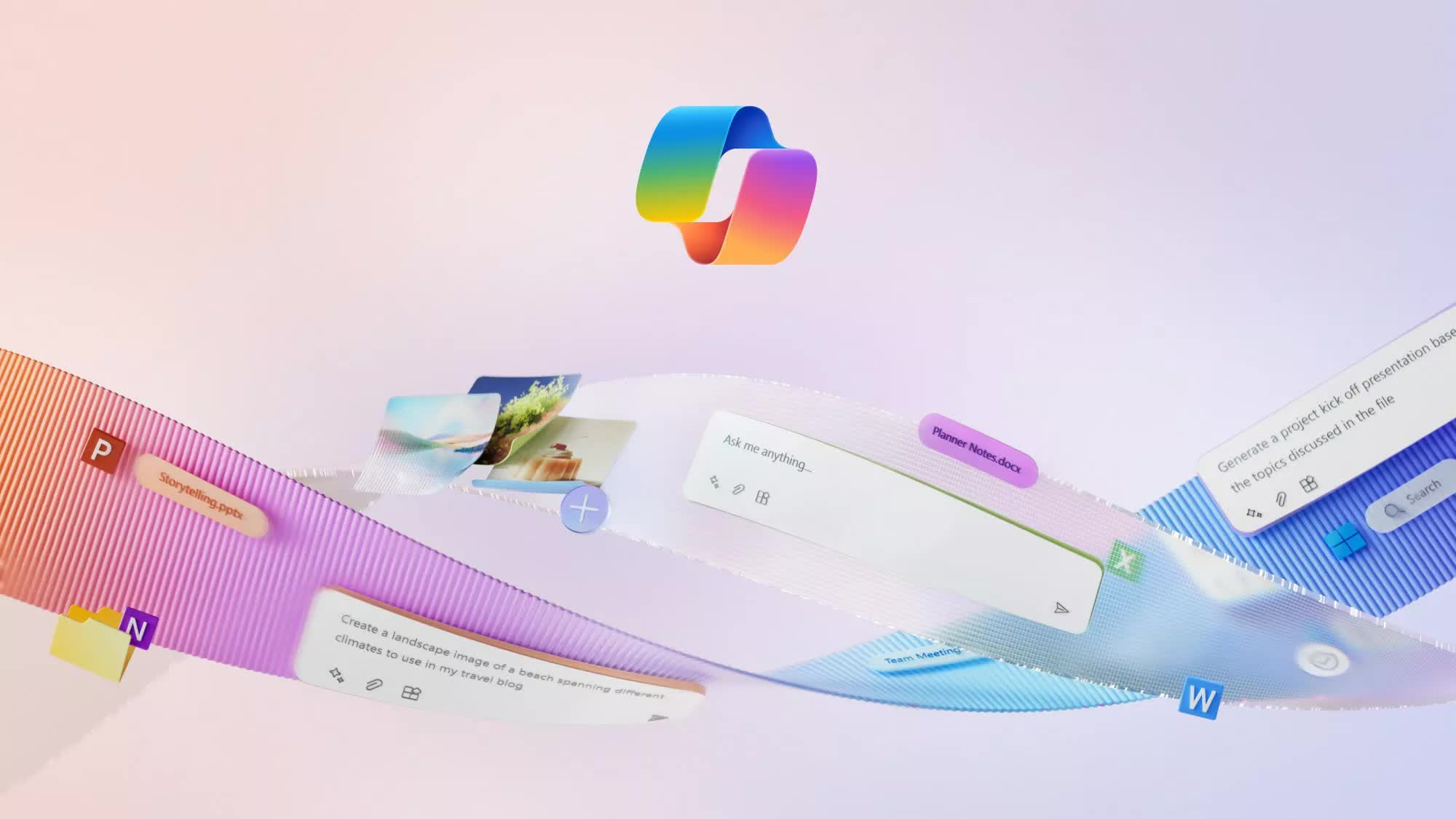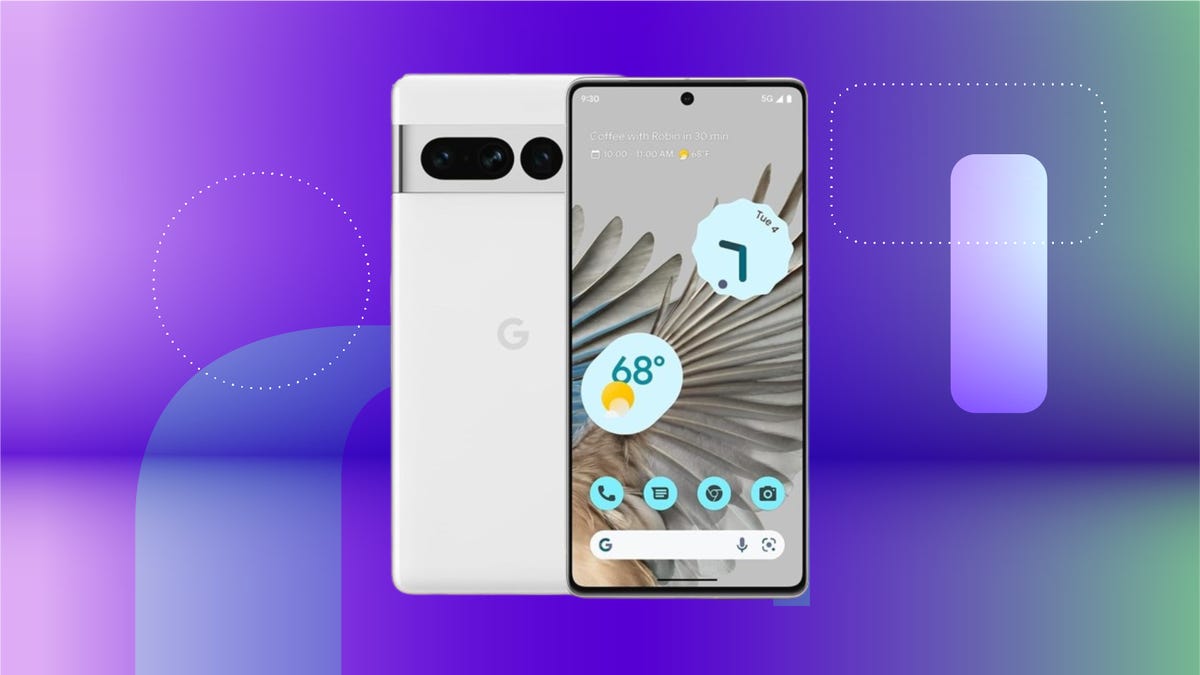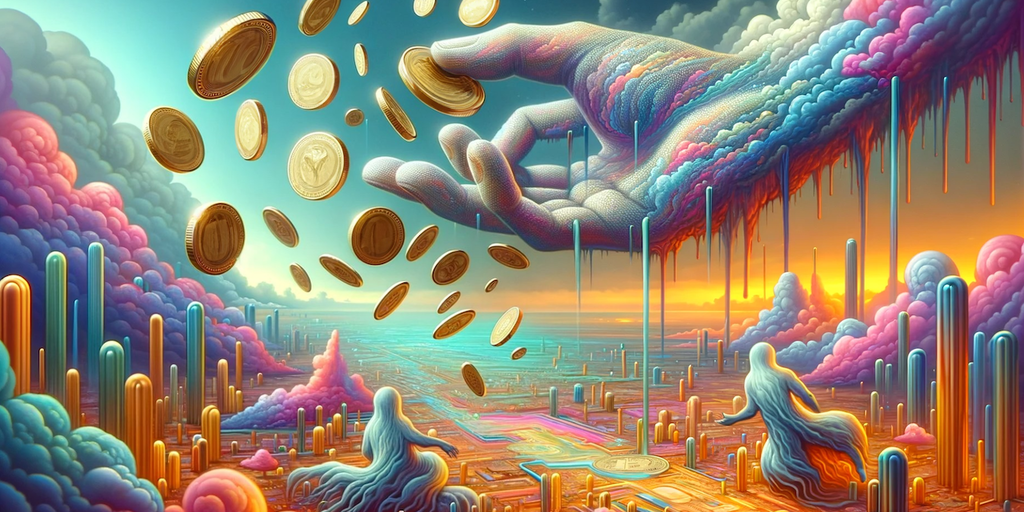Serving tech enthusiasts for over 25 years.
TechSpot means tech analysis and advice you can trust.
Through the looking glass: Companies involved in generative AI, like Google and OpenAI, are envisioning a future where users delegate queries and tasks to chatbots or GenAI agents instead of manually clicking through websites and search engines. The head of Microsoft's AI division thinks such applications can replace web browsers, and some predict they will eventually feel like operating systems.
In a lengthy interview with The Verge, Microsoft AI CEO Mustafa Suleyman describes a future where conversational generative AI interfaces might render conventional web browsers obsolete. The technology must overcome numerous obstacles before realizing this vision, but Suleyman expressed confidence in its evolution, though he tempered expectations for artificial general intelligence (AGI).
Suleyman described the current process of using a search engine as cumbersome, favoring the convenience of relaying questions to the Copilot app on his iPhone. He predicts that AI assistants with AI-generated interfaces could replace traditional search engines and browsers within three to five years.

If companies redesign web portals to accommodate AI agents, these agents could fulfill requests by interacting with other AI systems. However, interviewer Nilay Patel proposed two problems with this scenario: would the AI know where to shop for the best deal, and what happens to ad revenue when humans no longer click on websites?
While Suleyman didn't address these directly, he claimed that Microsoft is making significant progress in minimizing hallucinations – the primary issue impacting GenAI reliability. He added that, in cases where two AIs encounter errors during interactions, humans could review and refine those exchanges to improve performance.
Also read: The Zero Click Internet
Meanwhile, industry analyst Om Malik believes GenAI applications can evolve even further. In a recent blog post, he theorizes about the limitations of traditional web browsers in a world increasingly dominated by immersive AR, VR, and AI-driven experiences (he sounds like one of the few who relies on AR/VR on a regular basis, but I digress).
While browsers have remained relatively unchanged since their inception – built around "a document-centric internet" – the rise of generative AI and conversational systems is challenging this paradigm. AI is potentially fragmenting web pages into interactive, personalized streams of information, rendering the browser's original purpose obsolete.
Google is testing similar ideas with Project Jarvis, an AI agent that can assume limited control over a user's mouse and browser to automate tasks. Former company executives plan to build an online OS around AI agents. OpenAI might also develop a browser that would enhance ChatGPT.
Within the GenAI industry, AGI is often described as a critical milestone for the technology's evolution, but there is little consensus on what constitutes AGI or when it might be achieved.
OpenAI CEO Sam Altman has claimed that AGI is possible with current technology, while Suleyman places the timeline between two and ten years. He defines AGI not as the dramatic singularity depicted in science fiction but as a point where AI can handle the majority of tasks requiring human knowledge.









 English (US) ·
English (US) ·